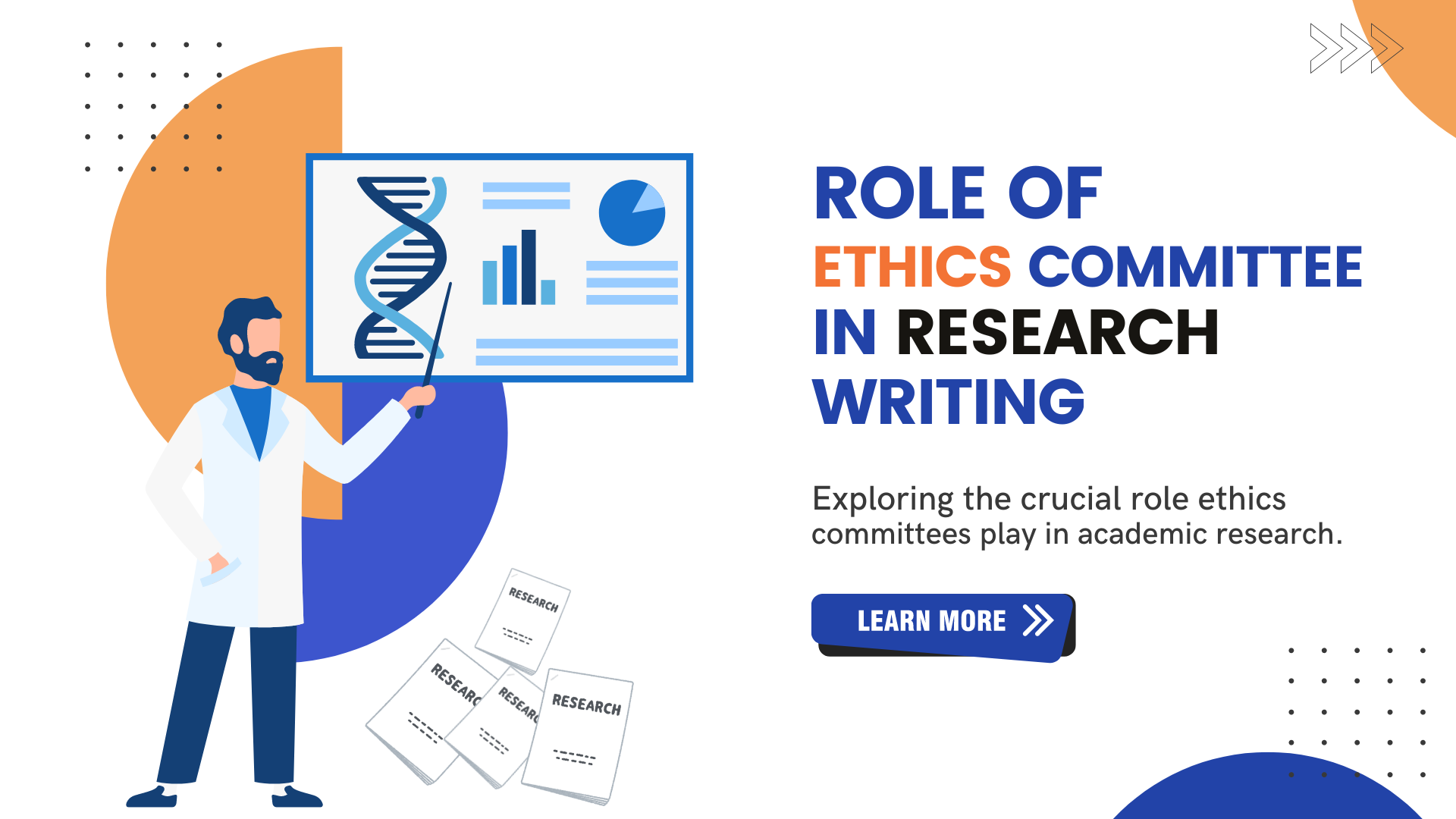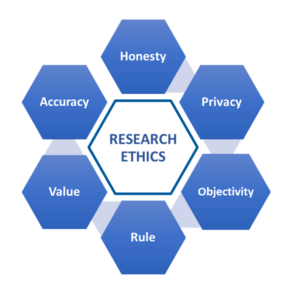Home » Comprehending the Role of Ethics Committee in Research Writing

In the dynamic realm of research, where knowledge is continuously advancing, ethical concerns serve as the cornerstone that guarantees the honesty, security, and respect of all those engaged. Ethics committees are essential to maintaining these values because they help researchers navigate the murky waters of ethical and legal obligations.
The protectors of research ethics are ethics committees, commonly referred to as research ethics boards (REBs) or institutional review boards (IRBs). Their main goal is to make sure that research involving sensitive data or human beings complies with ethical standards by reviewing, approving, and monitoring the work. Committees on study protocols, methods, and consent work to safeguard participant rights, welfare, and privacy by closely examining these areas.
Funding for Research: Why, When, and How?

India’s R&D Ecosystem – Current Status
For students, starting a research project is a difficult undertaking that involves rigorous academic standards and moral dilemmas.
Through the use of the platform’s resources, students not only improve the calibre of their work but also develop a profound comprehension of ethical concepts. They are therefore better able to maintain the highest standards of honesty and ethical behaviour while making appropriate contributions to the academic debate.
From
Dr. Swapnila Roy
Associate Dean-R & D
Lingaya’s Vidyapeeth
Best Colleges in Faridabad
RECENT POSTS
CATEGORIES
TAGS
Agriculture Agriculture future AI Architecture artificial intelligence Bachelor of Commerce BA English BA Psychology BTech AIML BTech CSE BTech cybersecurity BTech Engineering Business management career Career-Specific Education career guide career option career scope Civil engineering commerce and management Computer Science Computer science engineering Data science degree education Engineering Engineering students English Literature english program Fashion Design Fashion design course Higher Education Journalism journalism and mass communication law Law career Machine Learning mathematics MBA MBA specialization Mechanical Engineering Pharmacy Psychology Research and Development students
Nachauli, Jasana Road, Faridabad, Haryana
Address: C-72, Second Floor, Shivalik, Near Malviya Nagar,
Above HDFC Bank, New Delhi 110017
Landline No. - 011-46570515 / 45138169 / 41755703
Mobile No. - +91-7303152412 / +91-7303152420 / +91-9311321952
Toll Free: 1800-120-4613
Mobile : 8447744303 | 8447744304 | 8447744306 | 8447744309
8700003974 | 8700003411 | 8700003749
Copyrights © 1998 - 2026 Lingaya's Vidyapeeth (Deemed To Be University). All rights reserved.
LV only conducts physical/online verification of any document related to examination on the following email id:
It is important to note that the following email IDs and domains are fraudulent and do not belong to our university.